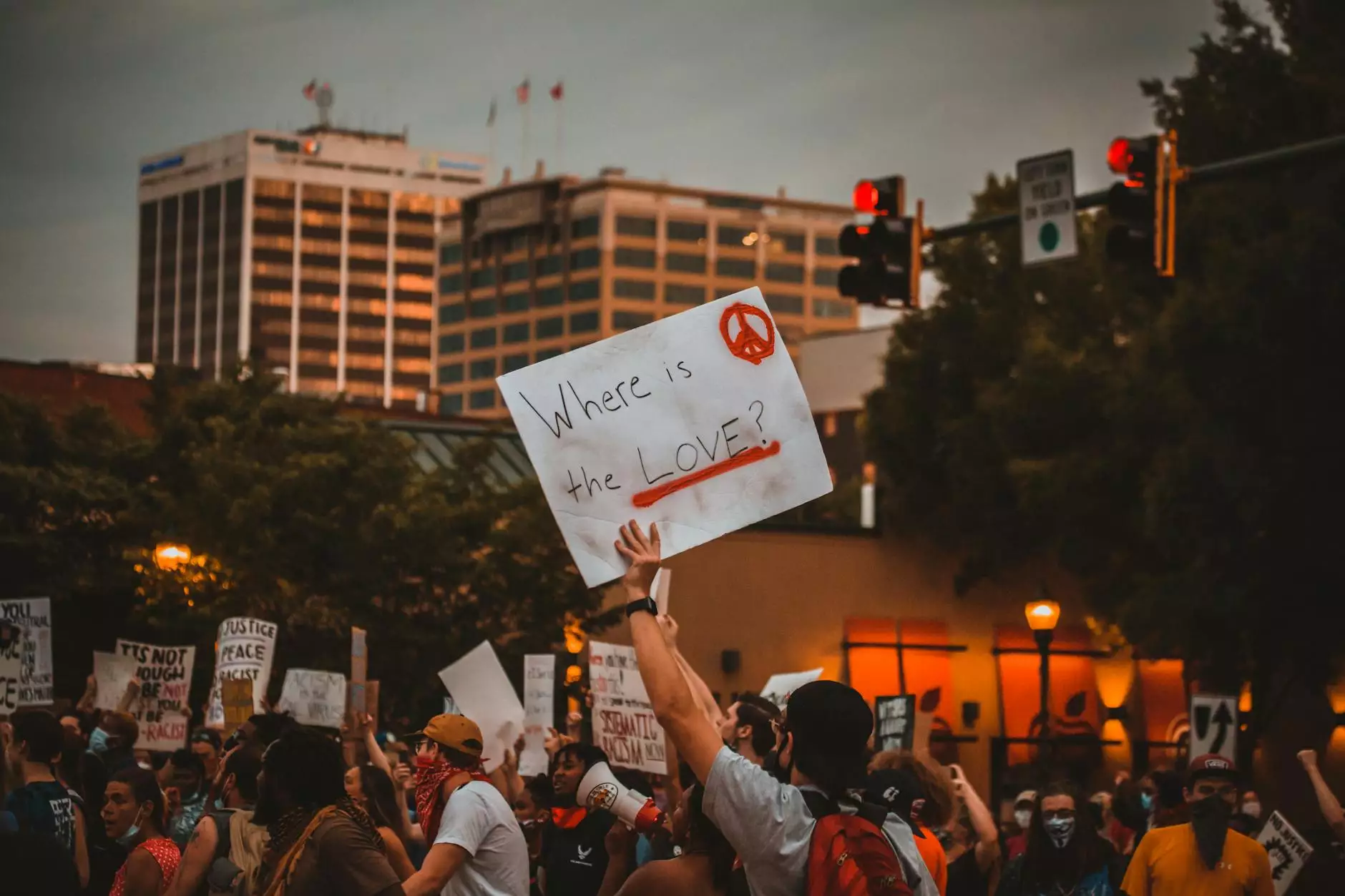What Traffic Does to Your Health

Introduction
Welcome to Muir Diablo Occupational Medicine, where we strive to empower individuals with valuable information about the impact of traffic on their health. Through this article, we aim to provide comprehensive insights and expertise to help you understand the various ways traffic can influence your well-being. With our in-depth knowledge in the field of occupational medicine, we are dedicated to enhancing your understanding of the effects traffic may have on your health.
Understanding the Health Risks of Traffic
In today's fast-paced world, traffic has become an inevitable part of our daily lives. However, it is crucial to recognize the potential health risks associated with exposure to traffic-related conditions. Whether you're a commuter, a pedestrian, or a cyclist, being aware of these risks can help you take necessary precautions and protect your health.
The Impact of Air Pollution
One of the primary concerns related to traffic is air pollution. Vehicle emissions release harmful pollutants such as carbon monoxide, nitrogen oxides, and particulate matter, which can be detrimental to respiratory health. Prolonged exposure to polluted air can increase the risk of respiratory diseases, including asthma, bronchitis, and other respiratory infections.
Sedentary Lifestyle and Physical Health
Long hours spent in traffic can contribute to a sedentary lifestyle, as individuals often remain inactive while sitting in their vehicles. Lack of physical activity can lead to numerous health issues, including obesity, heart disease, and musculoskeletal problems. It is important to find ways to incorporate physical activity into your daily routine, even when faced with heavy traffic.
Mental Health Implications
The stress associated with traffic congestion and the unpredictability of travel time can have a significant impact on mental well-being. Long commutes have been linked to increased levels of stress and anxiety, which can negatively affect overall mental health. Finding effective coping mechanisms and practicing stress-reducing techniques can help mitigate these effects.
Impact on Sleep Patterns
Excessive exposure to traffic noise, especially during nighttime travel, can disrupt sleep patterns. Continuous exposure to loud traffic sounds can lead to sleep disturbances, resulting in sleep deprivation, fatigue, and decreased cognitive function. Creating a conducive sleep environment and minimizing exposure to excessive traffic noise can help improve the quality of sleep.
Protecting Your Health
Although it may not be possible to completely avoid traffic, there are steps you can take to protect your health while commuting or traveling:
- Consider alternative transportation methods, such as walking, cycling, or using public transportation, whenever feasible.
- Ensure proper ventilation in your vehicle to minimize exposure to air pollutants.
- Practice deep breathing exercises to improve lung health and counteract potential respiratory effects of traffic pollution.
- Take regular breaks during long commutes to stretch your body and improve blood circulation.
- Engage in stress-reducing activities, such as listening to calming music or podcasts, to mitigate the psychological impact of traffic.
- Invest in noise-cancelling technologies or use earplugs to minimize the disturbance caused by traffic noise during sleep.
Expert Advice and Comprehensive Solutions
At Muir Diablo Occupational Medicine, we understand the importance of protecting your health in traffic-related scenarios. Our team of experts specializes in occupational medicine and can provide you with personalized advice and comprehensive solutions tailored to your specific needs. Through our services, we aim to enhance your knowledge and empower you to make informed decisions about your well-being.
Occupational Health Assessments
We offer thorough occupational health assessments that take into account potential risks associated with traffic exposure. Our assessments consider factors like air pollution, physical demands, and psychological well-being to provide you with a complete understanding of any health-related implications specific to your occupation or daily routine.
Health Education and Awareness
Educating individuals about the health risks of traffic and promoting awareness is a core aspect of our mission. We conduct workshops, seminars, and webinars to share valuable insights and strategies to minimize the impact of traffic on health. Stay updated with our resources to gain a deeper understanding of how traffic can affect your well-being.
Wellness Programs and Support
Our wellness programs are designed to support individuals in maintaining good health despite traffic-related challenges. These programs include strategies for physical activity integration, stress management techniques, and customized plans to cope with sleep disturbances caused by traffic noise. We strive to help you achieve optimal health and well-being throughout your daily commute and beyond.
Conclusion
Traffic can have varying implications on your health, ranging from respiratory issues and sedentary lifestyle risks to mental health concerns and sleep disturbances. By being aware of these risks and taking proactive measures to safeguard your well-being, you can effectively mitigate the negative effects of traffic. At Muir Diablo Occupational Medicine, we are dedicated to providing you with expert advice, comprehensive solutions, and valuable insights to empower you to make informed choices regarding your health. Together, let's prioritize our well-being and navigate the challenges of modern-day traffic with confidence and resilience.
© 2021 MUIR DIABLO OCCUPATIONAL MEDICINE. All rights reserved.









